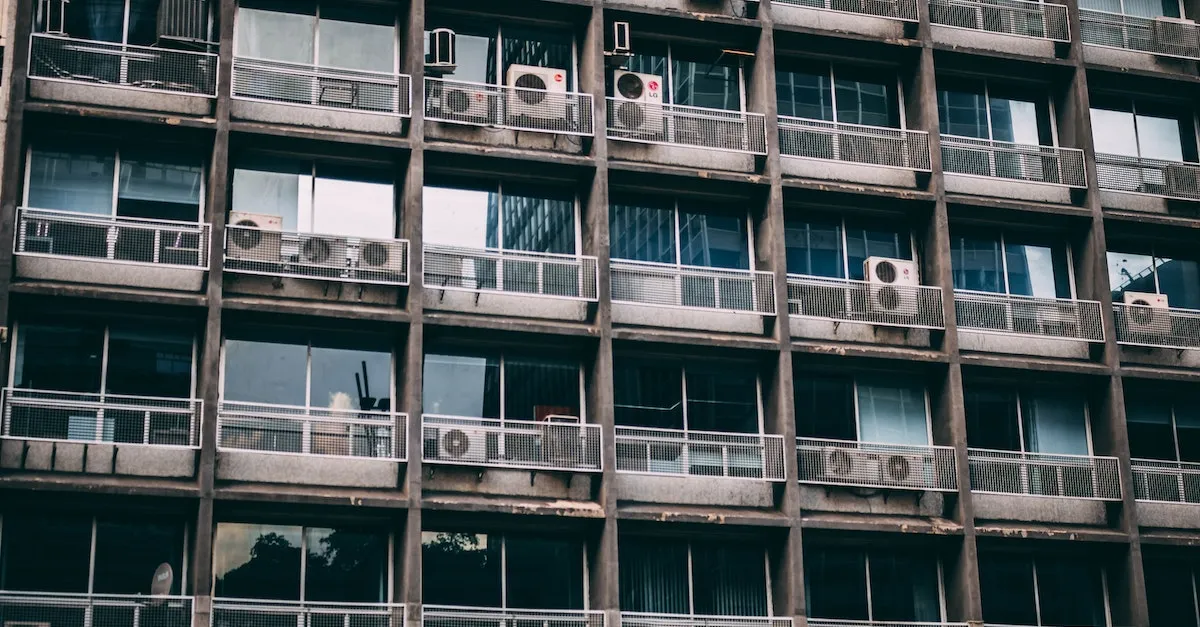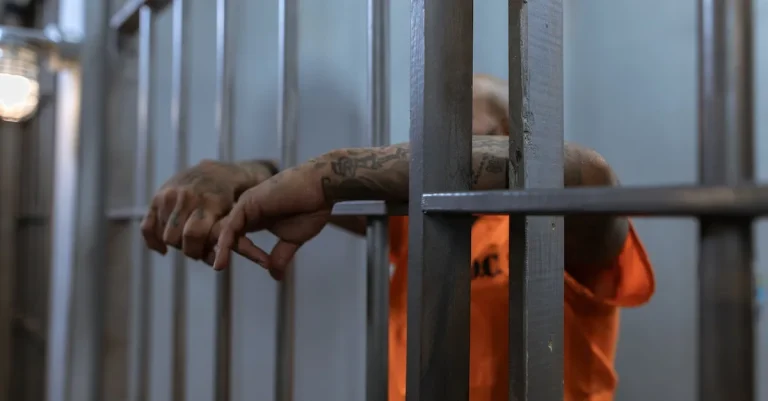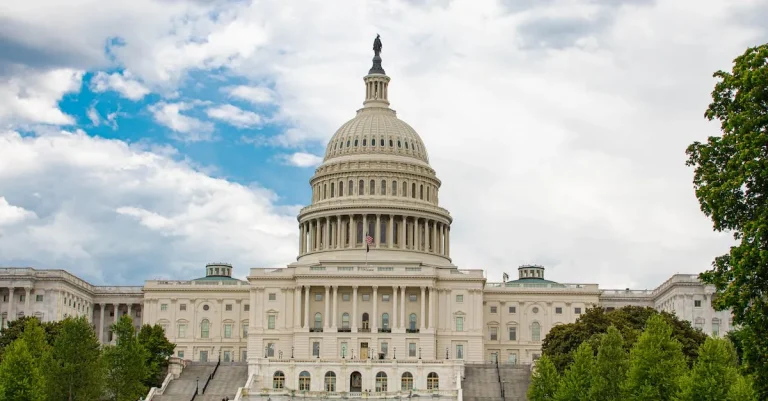Is No Ac Considered An Emergency In Florida?
As a Florida resident, you know how unbearable the heat and humidity can get, especially in the summer. So when your air conditioner stops working, it can feel like an emergency situation. In this article, we’ll examine whether having no AC legally qualifies as an emergency in Florida and what rights and protections renters have in these situations.
Florida’s Implied Warranty of Habitability
Florida’s implied warranty of habitability is a legal protection that ensures tenants have the right to live in safe and habitable conditions. This means that landlords are responsible for maintaining and repairing certain aspects of the rental property to ensure it is livable for tenants.
Landlords must provide habitable living conditions
Under Florida law, landlords have a legal obligation to provide habitable living conditions for their tenants. This includes maintaining the property’s structural integrity, ensuring the plumbing and electrical systems are in working order, and providing adequate heating and cooling systems.
While the specific requirements for habitability may vary depending on the local laws and regulations, all tenants in Florida are entitled to a safe and livable environment. This means that landlords cannot neglect their responsibilities by failing to provide essential amenities such as air conditioning.
Lack of air conditioning may violate the warranty
In Florida’s hot and humid climate, air conditioning is considered an essential amenity for many tenants. Lack of air conditioning can not only make living conditions uncomfortable, but it can also pose health risks, especially for vulnerable individuals such as the elderly and those with pre-existing medical conditions.
If a landlord fails to provide a functioning air conditioning system, it may be considered a violation of the implied warranty of habitability. Tenants have the right to expect a reasonably comfortable living environment, and a lack of air conditioning can be seen as a breach of that expectation.
Tenants can withhold rent until issues are fixed
If a landlord fails to address a lack of air conditioning or other habitability issues, tenants in Florida have certain remedies available to them. One option is to withhold rent until the issues are resolved. However, tenants must follow the proper legal procedures to do so.
Before withholding rent, tenants should notify their landlord in writing about the issue and give them a reasonable amount of time to fix it. If the landlord fails to take action within a reasonable timeframe, tenants may be able to withhold rent or make repairs themselves and deduct the cost from their rent.
It is important for tenants to document all communication with their landlord and keep records of any repairs or expenses incurred. If the issue remains unresolved, tenants may also consider filing a complaint with the local housing authority or seeking legal advice.
For more information on tenants’ rights and the implied warranty of habitability in Florida, you can visit the official website of the Florida Department of Business and Professional Regulation: https://www.myfloridalicense.com/DBPR/
What Florida Law Says About Air Conditioning Issues
Living in Florida, where the temperature can soar to unbearable levels, having a functioning air conditioning (AC) system is crucial for comfort. But what does Florida law say about air conditioning issues? Let’s take a closer look.
AC is not explicitly required under Florida law
Surprisingly, Florida law does not explicitly require landlords to provide air conditioning in rental properties. While this may seem shocking, it is important to note that the Florida Statutes do not specifically mention AC as a requirement.
Landlords are only obligated to provide a safe and habitable living environment for tenants.
This means that if there are no local ordinances or lease provisions that require AC, landlords technically have the freedom to choose whether or not to provide it. However, it is in their best interest to ensure tenant satisfaction and attract quality tenants by offering AC in their properties.
But some local ordinances may require AC
Although state law does not mandate AC, some local ordinances in Florida may require landlords to provide air conditioning. These ordinances vary by city and county, so it is essential to research the specific regulations in your area.
For example, Miami-Dade County has a local ordinance that requires landlords to provide AC in rental units. Failure to comply with the ordinance can result in penalties and fines. Other cities such as Orlando and Tampa may have similar regulations in place, emphasizing the importance of understanding local laws.
Most leases have AC provisions tenants can enforce
While Florida law may not explicitly require AC, most residential leases in the state contain provisions regarding air conditioning. These provisions outline the landlord’s responsibilities for maintaining and repairing the AC system.
Tenants can enforce these provisions if the AC system becomes non-functional or requires repairs. Landlords are typically required to address AC issues within a reasonable amount of time to ensure the habitability of the rental property.
It is always recommended for tenants to thoroughly review their lease agreements before signing to understand the specific AC provisions and their rights as tenants.
When Lack of AC May Qualify as an Emergency
Living in Florida means dealing with sweltering heat for a significant portion of the year. While air conditioning is considered a necessity, the question arises: Is a lack of AC considered an emergency in Florida?
The answer depends on various factors, including extreme heat advisories, vulnerable populations, and the availability of alternative shelter options.
Extreme heat advisories are issued in Florida
Florida is known for its scorching summers, with temperatures often soaring above 90 degrees Fahrenheit. In such extreme heat, it can be dangerous to be without air conditioning, especially for vulnerable individuals such as the elderly, young children, and those with certain medical conditions.
According to the National Weather Service, heat advisories are issued when the heat index reaches or exceeds 105 degrees Fahrenheit. These advisories serve as a warning sign that the lack of AC could potentially pose a health risk and may warrant emergency action.
Vulnerable populations at higher risk
Vulnerable populations, including the elderly and those with pre-existing health conditions, are particularly susceptible to heat-related illnesses. Heatstroke, dehydration, and heat exhaustion are serious conditions that can result from prolonged exposure to high temperatures.
Without access to air conditioning, these individuals may face a greater risk of developing these health issues. It is essential to prioritize their well-being and consider a lack of AC as an emergency situation for their safety.
Seeking alternative shelter if AC can’t be repaired quickly
While repairing a malfunctioning AC unit may be the first course of action, there are instances where immediate repairs may not be possible. In such cases, seeking alternative shelter becomes crucial. Public places such as libraries, community centers, and shopping malls often provide air conditioning and can serve as temporary relief from the heat.
Additionally, reaching out to family, friends, or emergency shelters can also be viable options to ensure the well-being of individuals affected by a lack of AC.
Tenant Rights and Recourse for AC Problems
Reporting issues immediately
When it comes to AC problems in rental properties, tenants have the right to report the issues to their landlords immediately. It is important to communicate any malfunctioning or non-functional air conditioning units as soon as possible.
This can be done through phone calls, emails, or written notices. It is crucial for tenants to document these communications for future reference.
Withholding rent
In some cases, tenants may consider withholding rent if their AC problems are not addressed promptly by their landlords. However, it is important to know that this course of action should be taken cautiously and in compliance with local laws.
Tenants should thoroughly research their state’s laws regarding rent withholding and consult with a legal professional if necessary.
Breaking the lease
In extreme cases where the AC issues persist for an extended period of time, tenants may have the option to break their lease without penalty. In Florida, for example, the law states that if a landlord fails to provide essential services, including air conditioning, tenants may have the right to terminate their lease agreement.
However, it is advisable to consult with a lawyer to fully understand the legal implications.
Filing complaints against landlords
If all else fails, tenants can file complaints against their landlords with the appropriate authorities. In Florida, tenants can contact the Florida Division of Consumer Services or the local housing authority to report unresolved AC problems.
Providing detailed documentation of communication and any attempts made to resolve the issue will strengthen the case against the landlord.
Tips for Renters Dealing With No AC in Florida
Living in Florida without air conditioning can be quite challenging, especially during the hot and humid summer months. While not having AC may not be considered a life-threatening emergency, it can certainly make life uncomfortable.
Here are some tips for renters who find themselves dealing with a lack of AC in their Florida homes:
Use fans and open windows strategically
When you don’t have AC, using fans and strategically opening windows can help create airflow and circulate the air in your home. Place fans near windows to draw in cooler air from outside and push out hot air from inside.
You can also try using box fans to create a cross-breeze effect by placing them in opposite windows.
Limit use of heat-generating appliances
Appliances like ovens, stoves, and dryers generate a significant amount of heat. To keep your home as cool as possible, try to limit the use of these appliances during the hottest parts of the day. Consider grilling outside or using a microwave instead of the oven.
Additionally, using a clothesline instead of a dryer can help reduce heat buildup in your home.
Stay hydrated and take cooling baths/showers
Staying hydrated is crucial when you don’t have AC, as it helps regulate your body temperature. Drink plenty of water throughout the day and consider keeping a spray bottle filled with water to mist yourself periodically.
Taking cool baths or showers can also help lower your body temperature and provide temporary relief from the heat.
Go to public places with AC like malls and libraries
If the heat becomes unbearable in your home, consider seeking refuge in public places with air conditioning. Places like malls, libraries, and coffee shops often provide a cool and comfortable environment for people to escape the heat.
Take advantage of these public spaces to stay cool and find temporary relief until the AC in your home is restored.
Remember, it’s important to communicate with your landlord or property management company if you’re experiencing issues with your AC. They are responsible for ensuring the proper functioning of essential amenities in your rental property.
If the lack of AC persists, you may be entitled to certain rights or remedies as a tenant. Be sure to consult your lease agreement and local tenant laws to understand your options.
Conclusion
Having your air conditioner stop working can certainly feel like an emergency during Florida’s hot and humid summers. While state law doesn’t explicitly require landlords to provide AC, local ordinances may demand it. Most leases also contain AC provisions renters can enforce. If the unit isn’t habitable without functional AC, tenants have remedies like withholding rent. The best approach is reporting issues immediately and working proactively with landlords for quick repairs or temporary solutions. But if necessary, speak to an attorney about your rights and options under Florida law to get the situation resolved.








